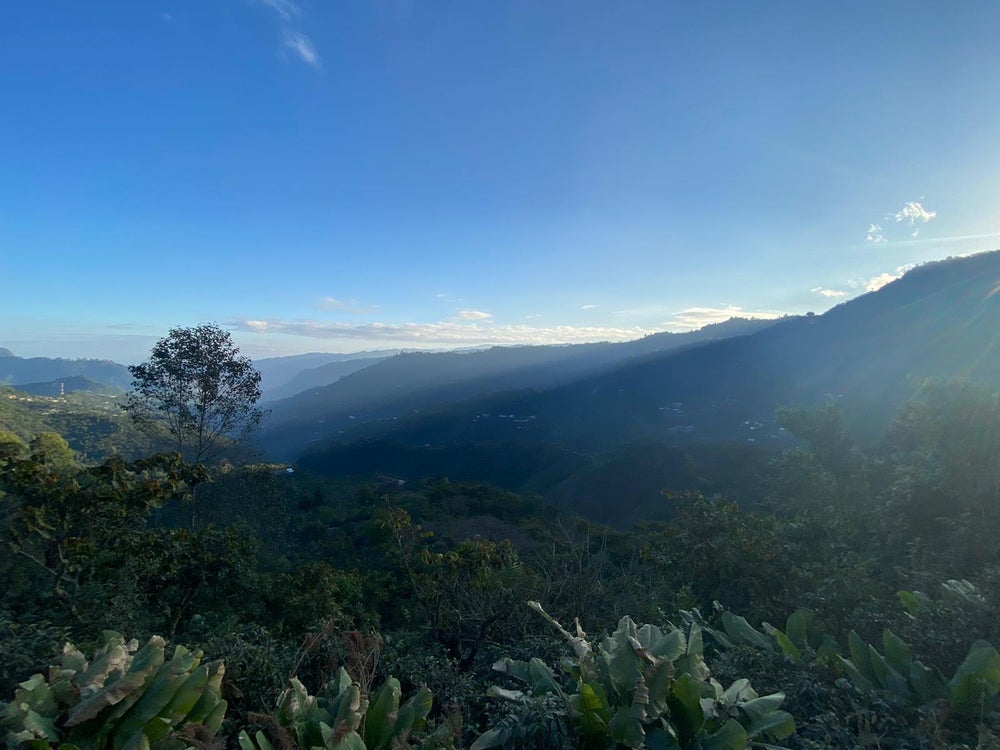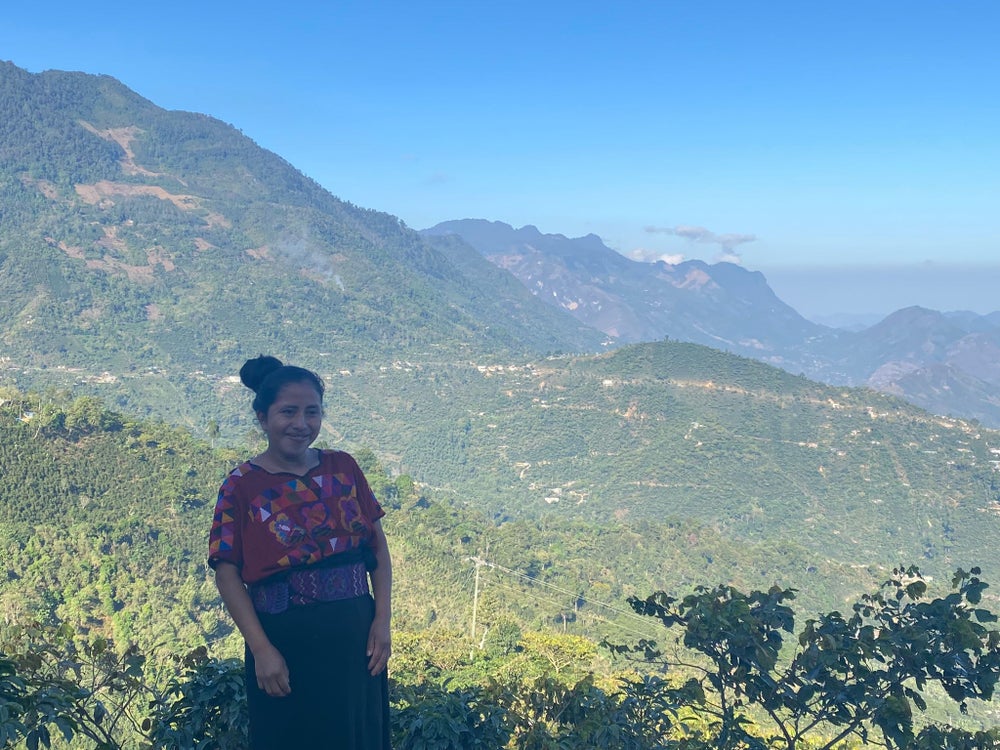About This Coffee
Finca Rosma was first purchased by Alejandro Morales in 1963. In 1980, his son, Fredy Morales, took over the farm and renamed it Rosma, after his own wife, Rose Mary.
When Fredy took over the farm, the only way to transport coffee was to on the back of mules. Together with nearby community leaders, Fredy and the community built a road that makes it easier for producers to transport coffee to market. Another project Fredy undertook was building a pipeline that brings fresh water to the farm from a spring 5 kilometers away.
Today, Fredy works alongside his son, Alejandro Jr., who approaches coffee production with the same passion as his father and grandfather.
Fredy, Alejandro Jr., and the Rosma team are Cup of Excellence winners and their dedication to producing high-quality coffees is evident in every lot they produce. Just as you'd expect, this Geisha lot is floral and sweet with black tea, yellow fruit and a caramel sweetness.
Cultivation
The high altitudes of 1,500 to 1,850 meters above sea level create the ideal warm days and cool nights to promote sweet, dense cherry growth.
Harvest & Post-Harvest
Cherry is selectively handpicked and ripe, red cherry is processed at the farm’s on-site wet mill. Cherry is pulped and placed in tanks to dry ferment for 42 hours. Workers measure pH every 5 hours and, when pH is near 3.2, it is measured every 30 minutes until the exact pH level is reached. This lot was washed after reaching 2.9 pH. Coffee is washed in washing channels and laid on patios to sundry. After 48 hours, parchment is moved to parabolic beds to dry slowly. Parchment is raked frequently to ensure even drying. It takes approximately 5 to 7 days for parchment to dry. Dry parchment is bagged and transferred to a warehouse in Huehuetenango City, where conditions are excellent for storing dry coffee.
About Huehuetenango
Huehuetenango is well-known for its high altitude and consistent weather patterns. The region lies at a nexus of hot air sweeping eastwards from the Plains of Tehuantepec in Oaxaca, Mexico and cool air rushing down from the Cuchumantanes Mountains. The meeting of this hot and cold air creates a microclimate that keeps frost in check and enables coffee cultivation at higher altitudes. Coffee production at 2,000 meters above sea level here is common. These conditions are perfect for producing the sparkling acidity and distinctive fruit flavors of the region.
Rosma Coffeelands
Rosma Coffeelands was founded by Fredy Morales, son of Alejandro Morales. Alejandro purchased the family farm in 1963 and cultivated coffee there. Fredy took over the farm in 1980 and renamed the farm Rosma after his wife, Rose Mary.
In addition to the coffee he produces on Finca Rosma, Fredy works with his neighbors, friends and family to cultivate and source high-quality coffees that are traceable to individual family farms. Rosma acts not only as an exporter but also as a resource for farmers looking to improve production. They have a seedling nursery so farmers can access high-quality seedlings that are also more Coffee Leaf Rust resistant. They also provide refinancing credit for farmers and health and medical assistance.
Since 2022, sales of Rosma coffees in Europe, Middle East and North Africa have supported Coffee Kinder, an on-farm childcare center for the children of farm workers. At Coffe Kinder, children can play and learn safely during the harvest while their parents work. This reduces child labor and makes it possible for both parents to work, increasing incomes for laboring families and increasing the labor force for the harvest.
Coffee in Guatemala
Guatemala boasts a variety of growing regions and conditions that produce spectacular coffees. Today, the country is revered as a producer of some of the most flavorful and nuanced cups worldwide. We are proud to work with several exceptional in-country partners to bring these coffees to market.
The Guatemalan coffee industry experienced a major setback with the 2010 appearance of Coffee Leaf Rust (CLR) in Latin America. The epidemic peaked in severity in 2012, and though CLR continues to affect some farms, Guatemala continues to produce high-quality, record-breaking coffees. In 2017, new and varied processing methods pushed prices at the Guatemalan Cup of Excellence contest to record highs.
The quality of coffee being produced in Guatemala is increasing, overall, due to the diversity of the industry’s producers. There are more and more small holder farmers producing exceptional coffee at high altitudes. Cooperatives are becoming more appealing to so many smallholders because they often offer farmers financing and other support for improving their farming and processing and are frequently able to offer higher prices for cherry than middlemen. Many cooperatives have initiated quality improvement training for farmer members and are becoming more adept at helping members market their coffee as specialty.

